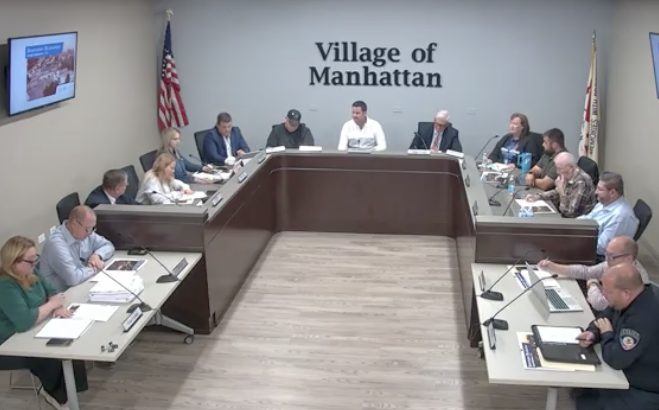
Average cost of family insurance nears $27,000 a year
Average family health insurance premiums rose 6% in 2025, nearing $27,000, underscoring consistent increases and warning of more hikes ahead.
Higher healthcare spending, including increased hospital and drug prices, is driving up the cost of coverage, according to an annual survey from the nonprofit KFF. For most American families, $27,000 is a lot of money. The median household income was $83,730 in 2024. In the September, the average price of a new vehicle in the U.S. topped $50,000, according to Kelley Blue Book. A Toyota Camry costs about 27,000, so does a hybrid Toyota Corolla. The best selling vehicle in the U.S., a Ford F-150, costs about $39,000.
On average, workers contribute $6,850 a year to the cost of family coverage. Employers pick up the rest. Family premiums have increased by 6%, or $1,408, from last year. That’s similar to the 7% increase recorded in each of the previous two years. The 2025 increase compares to general inflation of 2.7% and wage growth of 4% over the same period, according to KFF’s report.
The 26% cumulative increase in family premiums over the past five years is similar to inflation (23.5%) and wage growth (28.6%). Next year could be worse. Over the past 10 years, the growth in the average premium for family coverage far outpaced inflation (53% vs. 35.8%), the report noted. Over the same time period, the average family premium (53%) grew faster than average wages (48.2%).
“Many employers may be bracing for higher costs next year, with insurers requesting double-digit increases in the small-group and individual markets on average, possibly foreshadowing big increases in the large-group markets as well,” according to the report.
KFF President and CEO Drew Altman said deductibles and other employee costs could increase.
“Employers have nothing new in their arsenal that can address most of the drivers of their cost increases, and that could well result in an increase in deductibles and other forms of employee cost sharing again, a strategy that neither employers nor employees like but companies resort to in a pinch to hold down premium increases,” he said.
Employer-sponsored health insurance is the primary source of coverage for U.S. residents under the age of 65. Overall, 60% of people younger than 65 – about 164.7 million people – had employer-sponsored health insurance in 2023. That coverage varies widely with income and other factors, according to KFF.
KFF surveyed 1,800 employers with at least 10 workers.
The survey found that 29% of covered workers are enrolled in high-deductible health plans that can be used in conjunction with a tax-preferred Health Savings Account. Among workers who face an annual deductible for single coverage, the 2025 average stands at $1,886, compared to $1,773 in 2024. Deductibles have increased by 17% since 2020, when the average was $1,617.
However, that figure varies significantly based on the size of the employer. On average, workers with a deductible at small firms (fewer than 200 workers) face larger deductibles than those at larger firms ($2,631 vs. $1,670). More than half (53%) of covered workers at small firms now face a deductible of at least $2,000, and more than a third (36%) face an average single deductible of at least $3,000, according to the KFF report.
The average premiums for covered workers in high-deductible health plans with a savings option are lower than the overall average premiums for both single coverage ($8,620) and family coverage ($25,379). By contrast, average premiums for covered workers enrolled in PPOs are higher than the overall average premiums for both single ($9,818) and family coverage ($28,272).
Most covered workers contribute directly to the cost of the premium. On average, covered workers contribute 16% of the premium for single coverage and 26% of the premium for family coverage, similar to the percentages contributed in 2024.
Latest News Stories

Will County Board Advances New Speed Limits in Green Garden and Frankfort Townships
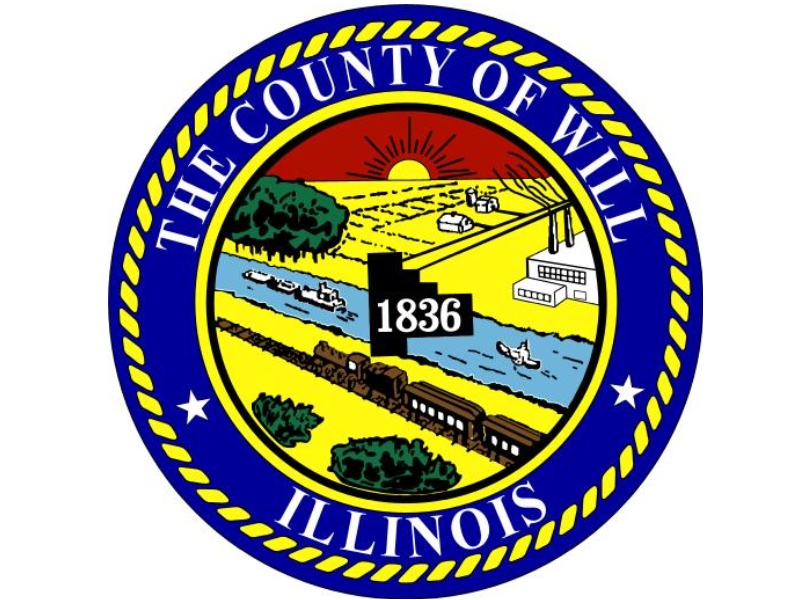
New Lenox Garage Variance Denied After Neighbor Cites ‘Massive’ Scale and Neighborhood Impact

Library Board Adopts New Cell Phone Stipend Policy for Employees
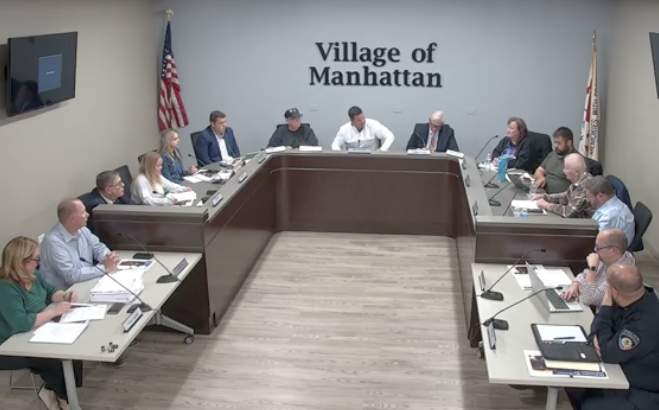
Manhattan Announces Proposed 6% Property Tax Levy Increase
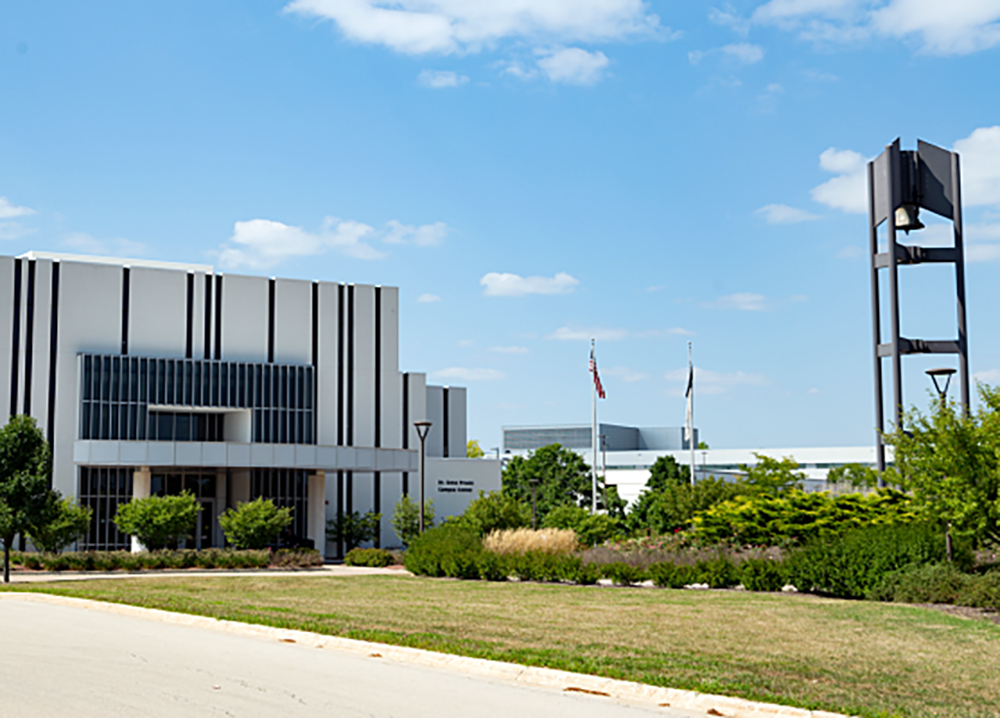
JJC Celebrates “Future Wolves” Partnerships with Joliet and Troy School Districts

State Veto Session Passes Energy Bill Limiting County Zoning, Approves Toll Hike for Mass Transit

Commission Approves Peotone-Area Farmhouse Split, Overruling Staff’s “Spot Zoning” Concerns
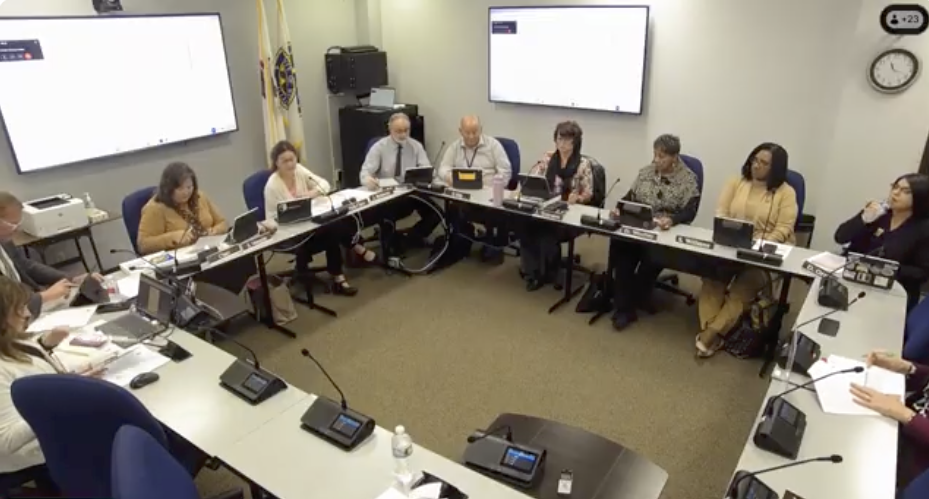
Will County Finance Committee Hits Impasse on 2025 Tax Levy, Postpones Budget Votes
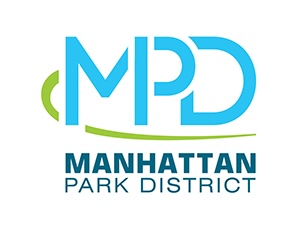
Manhattan Park Board Tables Decision on Site Plan for Potential Development

Federal Lobbyists Brief Will County on Government Shutdown, Warn of SNAP and TSA Disruptions

Commission Approves Mokena-Area Garage Variance Over Village’s Objection
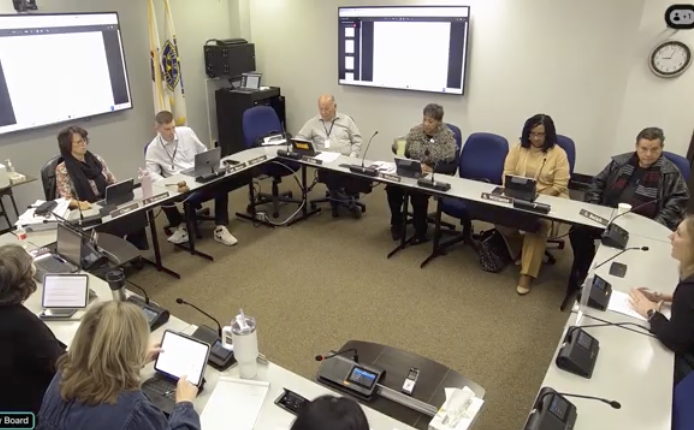
Will County Committee Advances Gougar Road Bridge Project with Over $540,000 in Agreements
